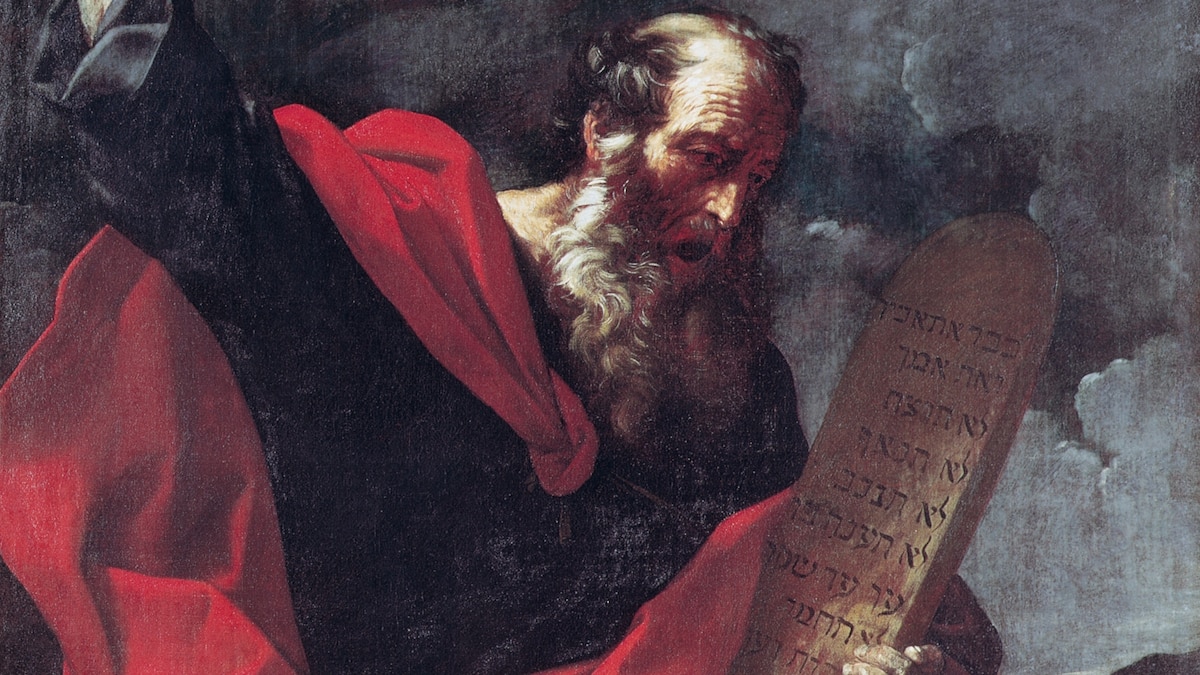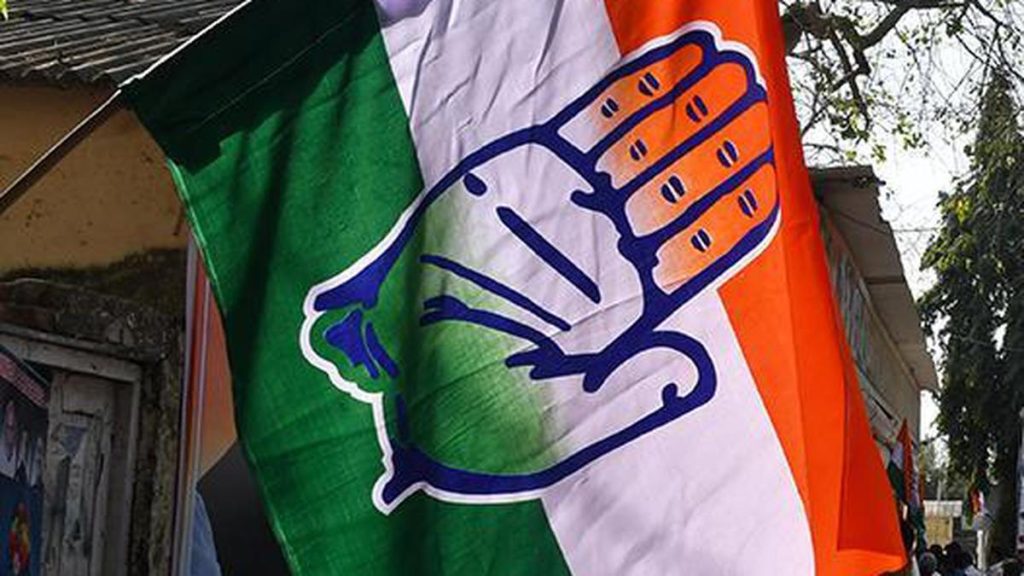Now Reading: New Theory Suggests Moses Authored Ancient Egyptian Inscriptions
-
01
New Theory Suggests Moses Authored Ancient Egyptian Inscriptions
New Theory Suggests Moses Authored Ancient Egyptian Inscriptions

Speedy Summary:
- Past Context: Moses, a significant figure in Jewish and Christian traditions, has historically lacked archaeological evidence to confirm his existence.
- New finding: Two inscriptions at Serabit el-Khadim, an Egyptian turquoise mine on the Sinai Peninsula, have been reinterpreted by researcher Michael S. Bar-Ron as “zot mi’Moshe” (“This is Moses”) and “ne’um Moshe” (“A saying/statement of Moses”). Bar-Ron suggests these inscriptions could have been authored by Moses himself.
- Inscriptions Background: The Proto-Sinaitic script featured in the inscriptions dates back to the reign of Pharaoh Amenemhat III (circa 1800 BCE). The site revealed alphabetic writing linked with Egyptian hieroglyphs and Semitic deities such as Ba’alat and ‘El,’ indicating religious diversity among workers.
- Scholarly Criticism: Experts such as Egyptologist Thomas Schneider express skepticism about the validity of Bar-Ron’s interpretation and argue potential misreading of letters. Additionally, scholars like Liane Feldman suggest that “Moses” may have been a relatively common Egyptian name during this period.
images:
- Temple ruins at Serabit el-Khadim (1865 survey photograph): !Temple ruins
- Proto-Sinaitic lettering detail from Sinai 346 statuette (1906 excavation): !Proto-Sinaitic script
Source Link for More Details: Read More
Indian Opinion Analysis:
The reinterpretation of ancient inscriptions linking them to biblical figures introduces intriguing possibilities but remains speculative due to contested readings and translations. Scholars’ criticisms highlight methodological challenges inherent in reconstructing ancient scripts-particularly when attempting correlation with specific historical individuals. This discovery underscores ongoing debates surrounding archaeology’s ability to substantiate religious narratives.
For India-a nation intertwined with diverse spiritual traditions-it offers insight into how archaeological findings can resonate across civilizations seeking threads that bridge faith history with factual evidence. If proven credible, similar discoveries could enrich understanding about religious founders or deities central to Indian heritage narratives like Lord Krishna or Gautama Buddha. However, care must be taken not to allow interpretations driven solely by theological fervor rather than critical discipline.
Ultimately, India’s approach should emphasize balanced engagement with such findings while safeguarding robust academic rigor free from ideological influences.























